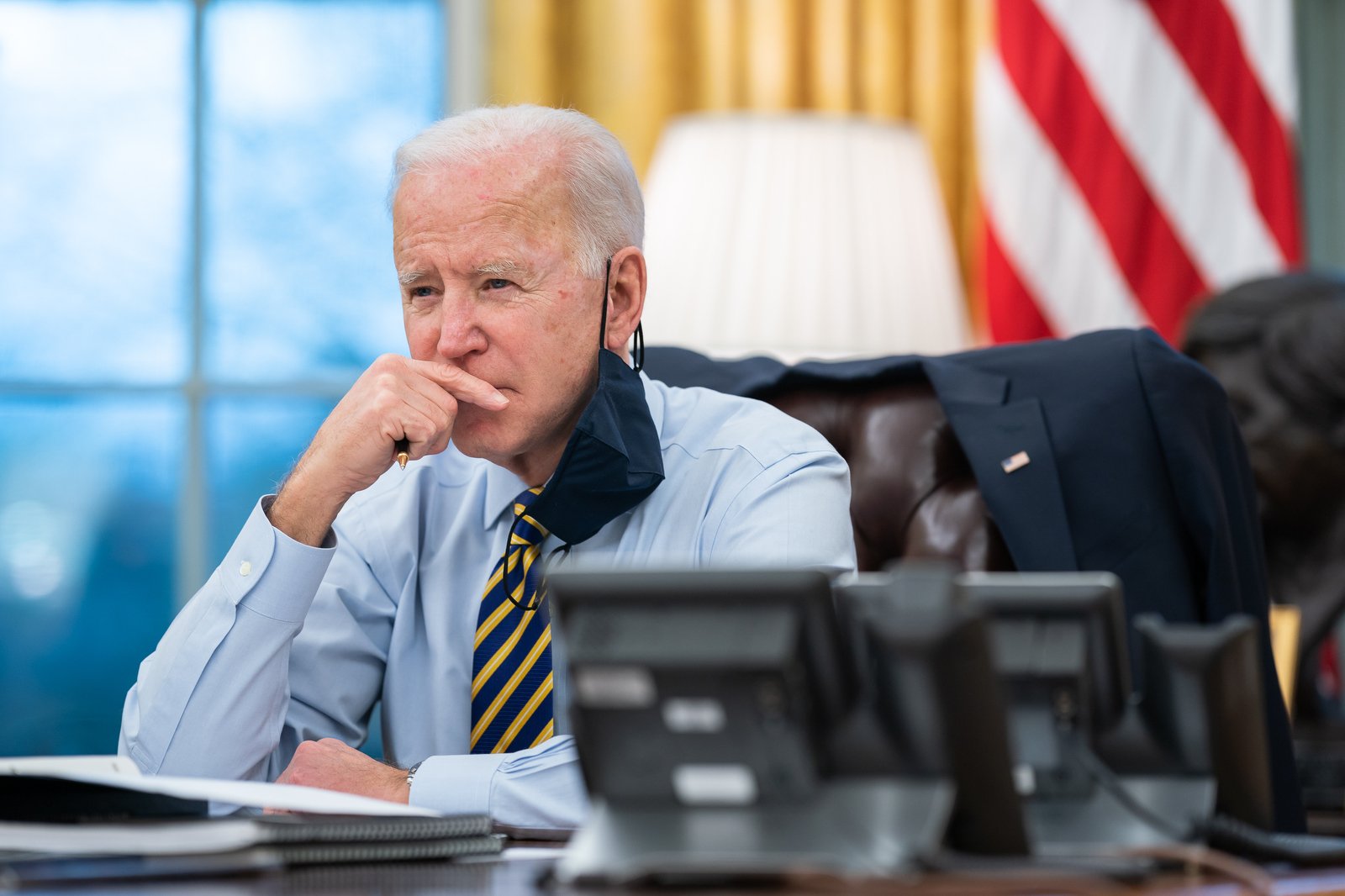
Every April 24, Armenians around the world gather to honor their ancestors who perished at the hands of the Ottoman Turkish state in the genocide of 1915 to 1923. Armenian Americans anxiously await the annual proclamation from the White House marking this date, and every year they are bitterly disappointed. While the proclamation always arrives, the word “genocide” is never used. In its stead, euphemisms or long-outdated terminology is employed in order to placate the “sensitivities” of our untrustworthy and erstwhile NATO partner, Turkey. As most scholars of the Holocaust and genocide know, Raphael Lemkin, the Polish Jewish jurist who created the word “genocide,” was initially motivated by the fact of Turkish impunity to craft an international law to prevent and punish genocide. For Lemkin, the annihilation of the Armenians was a preview of what was to come in the Holocaust, and so he freely used the term for this crime of crimes, “genocide,” to describe the fate of the Armenians. Yet, ironically, American presidents continue to dance around the word. This must end.
Joe Biden is the president who must end this charade of obfuscation. As a Senator, he had no hesitation in characterizing the extermination of the Armenians as genocide. After Congress overwhelmingly voted to recognize the Armenian Genocide in December 2019, there can be no excuse for the White House to duck this issue today. Yes, the autocratic Turkish president Recep Tayyip Erdoğan will surely complain most vociferously, pointing to American hypocrisy with regard to our own ill-treatment of African Americans and indigenous peoples. But unlike Turkey, the United States has constructed museums of African American History and Culture and of the American Indian on the National Mall in Washington, D.C. Their exhibitions do not whitewash American oppression and atrocities against these groups. In fact, the word “genocide” is not censored in displays that describe the destruction of Native peoples. Yes, our journey of coming to terms with our history has only begun, but Turkey has done the opposite, continuing on the path they began in 1915. Impunity and genocide denial have contributed to cycles of violence perpetrated by the Turkish state and their ultra nationalist partners both domestically and internationally. Within Turkey, the destruction and oppression of minorities—including Greeks, Assyrians, Alevis Muslims, Kurds, and most recently the LGBTQ community—continues to this day. President Erdoğan has now exported violence across international borders into Syria and the Caucasus. The 44-day war of aggression in the fall of 2020 by Turkey and Azerbaijan against the Armenians of Nagorno-Karabakh continues this cycle of violence. The anti-democratic and authoritarian regimes of Erdoğan and Ilham Aliyev make no pretense that their goal is the elimination of all Armenians from their historical homelands.
If President Biden is truly committed to combating authoritarianism and advancing human rights by strengthening democracy abroad, then there is no better place to start than by speaking the truth about the Armenian Genocide.


Palabras muy justas.